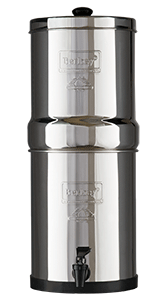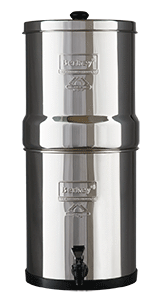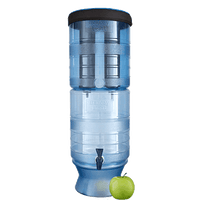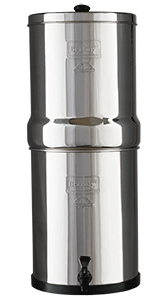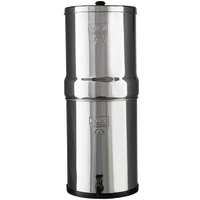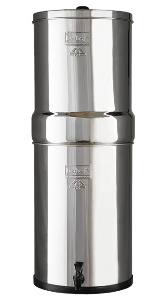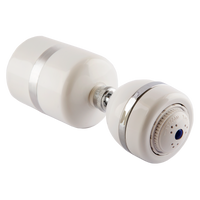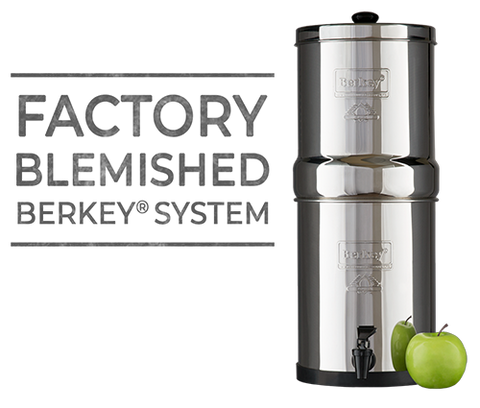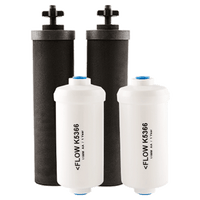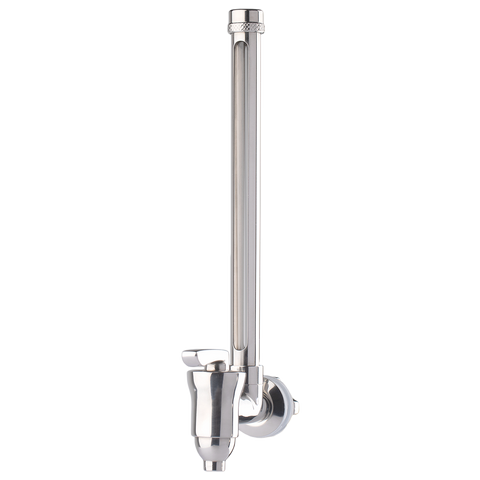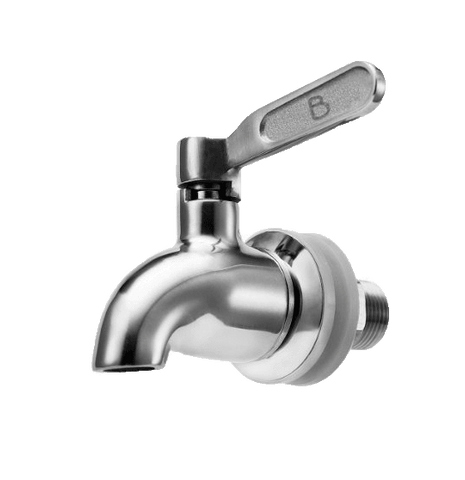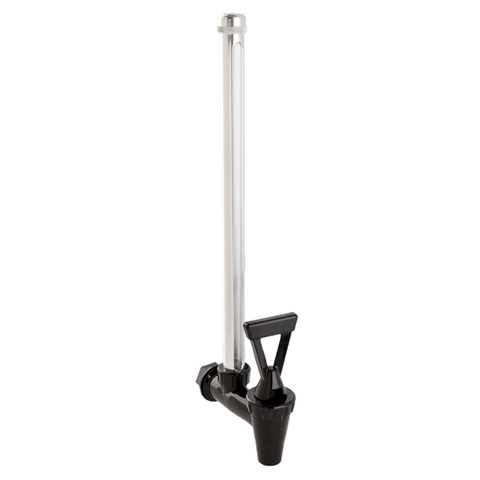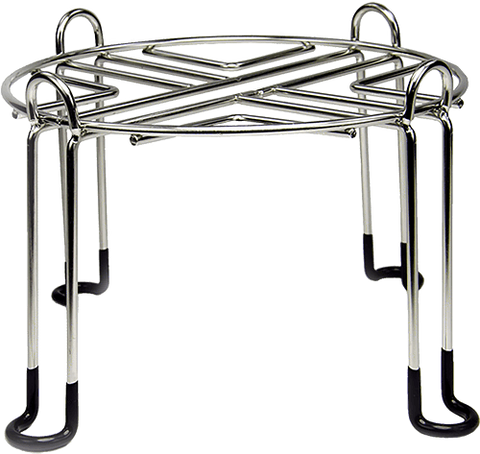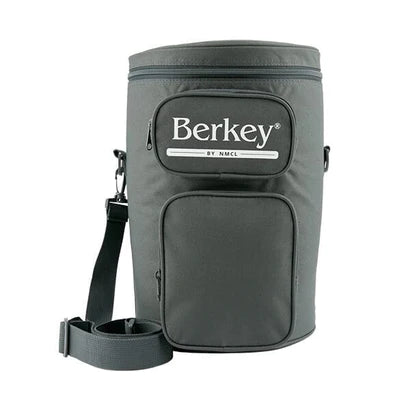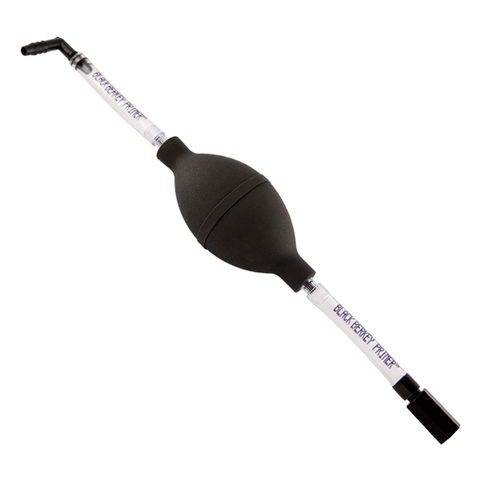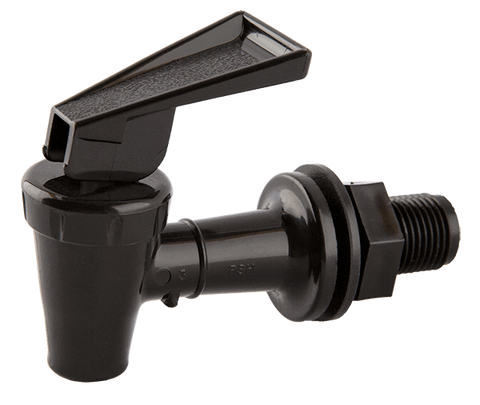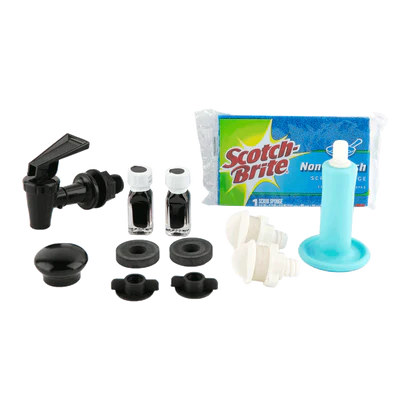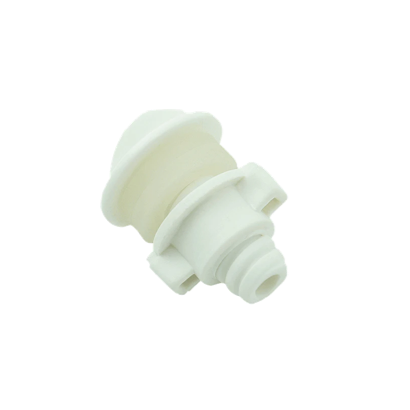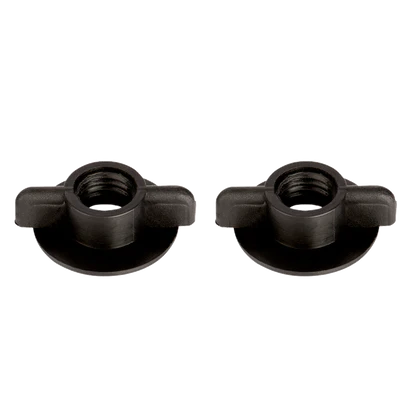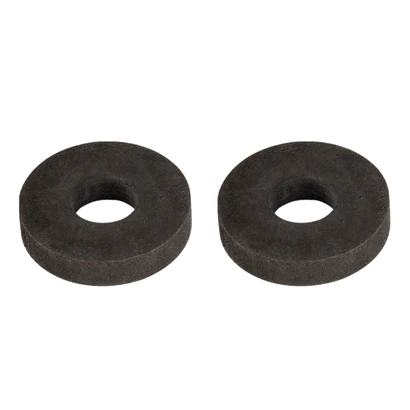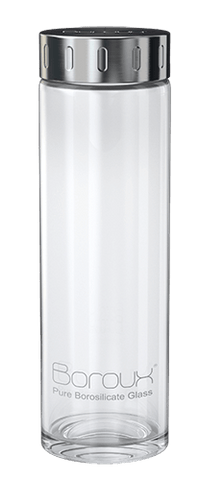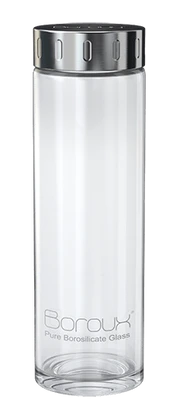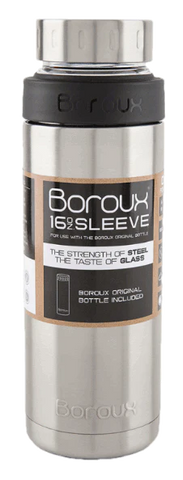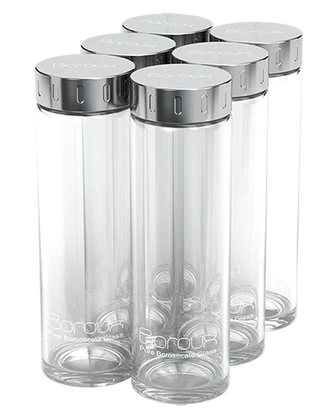Does Berkey Remove Pharmaceutical Drugs?
Yes, Berkey filters removes or reduces medications from your drinking water. See the pharmaceutical contaminants test results below.
See the Berkey test results

What are Pharmaceuticals?
The drugs and medications that are used for managing pain and illness. It's something as common as Aspirin and cough syrup to the prescribed pills for treating rare diseases. Pharmaceuticals is the broad term for chemical compounds that are used for medicinal purposes. It includes medicines used for humans as well as animals. Specific antibiotics that have been tested and are removed by Berkey are; Ciprofloxacin HCl; Erythromycin USP; Sulfamethoxazole. Depending on the manufactured substance, they can be used for the diagnosis, treatment, or prevention of disease and for restoring, correcting, or modifying organic functions.
Health Concerns Associated with Pharmaceuticals
Currently, there are significant research projects investigating the affects of pharmaceuticals in water, especially with population growth and the increase in demand for drinking water and massive corporations investing more into drug development. More study is needed to determine the exact risks with residual drugs in drinking water. The water cycle, including surface waters, wastewater, groundwater, and drinking water has been reported as being affected. As of right now, only traces of pharmaceutical chemical compounds is found in drinking water at parts per trillion. However, that doesn't remove all possible adverse consequences, especially for the environment.
Toxicity--the quality, state, or relative degree of being poisonous
Teratogenicity--the likelihood of, relating to, or causing developmental malformations
Carcinogenicity--the likelihood of producing or tending to produce cancer
It depends on which medicinal substance is being considered, some break down better than others which makes them less harmful. With the dangerously addictive and disruptive increase of opioid use and abuse, pharmaceuticals are being looked at with more scrutiny. The lack of published studies further exacerbates the need to be more protective of what is consumed intentionally and unintentionally.
Does Berkey Remove Graphene Oxide?
The Black Berkey Filters are made of a proprietary blend of several different media types including high-grade carbonized coconut shell. We confirm there is no graphene oxide in the composition of the elements.
In addition, the manufacturer, NMCL, does not have testing to verify the reduction of graphene oxide by the Black Berkey Filters. Without test results, we cannot definitively say if the elements are capable of reducing or removing this contaminant.
Graphene oxide is the oxidized form of graphene. Graphene is a hexagonal lattice of only one-atom-thick. It is the thinnest material and has unique properties. It's approximately 200 times stronger than steel, an excellent conductor of heat and electricity, and has interesting light absorption abilities. It used in biotechnology and medicine for cancer treatment, drug delivery, and cellular imaging.
How Do Pharmaceuticals Get in Your Drinking Water?
Ever flushed unused or expired pills down the toilet? Those chemicals are now in the water system. Most water treatment plants do not have measures in place to remove the natural and synthetic pharmaceutical compounds. Drugs also get into the water cycle through sewage. The human body does not fully metabolize the majority of prescribed and over-the-counter medicines. They are excreted and sent downstream in sewage. Lotions or topical treatments are washed off in the shower also ending up in the waste runoff. Traces of veterinary medicinal products are also often found in water. Recently the Environmental Protection Agency (EPA) discourage hospitals and nursing homes from flushing unused drugs down the drain or toilet due to the potentially harmful affects of that practice.
Not directly a drug, but closely related are beauty products such as cologne, perfume, sunscreen (especially spray-on), and make-up. Usually, the ingredient list on these is extensive and potentially hazardous. Cosmetics is one of the most unregulated industries which means the chemicals used could be dangerous. The tiny unwanted particles could get into your drinking water and then into your body and bloodstream.

How to Remove Pharmaceuticals From Drinking Water
Berkey Filters uses granular activated carbon (GAC) filters, where the filter elements are either made of coconut shells, which are what Black Berkey filters are made of, or charcoal. These filters have tiny pores that use their adsorption and absorption properties to filter out organic contaminants. They are also good at removing contaminants that have odd odors or taste, including chlorine, but keeping in essential minerals like iron.
The micropores in GAC filters are only one part of the filtration process that Berkey Filters use to drinking water. The Black Berkey Filters also utilize ion exchange process and the force of gravity flow, to leave you with nutritious drinking water.
Another option for removing toxins is reverse osmosis. It takes the water and exerts it through a semi-permeable membrane, resulting in pure water. The downside to this method is the stripping of beneficial minerals from drinking water. This method works fine unless you want to keep essential minerals in your water. Reverse osmosis removes the bad, but also the good, without a well-balanced diet or mineral supplements could cause a mineral deficiency.
Whether you’re filtering your drinking water or shower water, you can trust Berkey Filters to address unwanted substances, including pharmaceuticals. Find the right Berkey Water Filter system that fits you and your family today.
What Does Berkey NOT Remove?
Some things you want to keep in your water. Berkey doesn't strip the beneficial stuff.
Does Berkey Change the pH of Water?
Is your water acidic? basic? neutral? What's good for consumption and how does Berkey affect it?

